|
|
|
FocusCoE - Newsletter #08
January 2021
|
|
|
|
Content
|
|
|
2. News from the Centres of Excellence
|
3. Introducing the CoE Flagship Codes
|
|
4. Trainings, Webinars, Workshops & Events
|
|
|
|
|
|
|
1. Introduction
|
We are glad to open this issue by presenting you the European Center of Excellence in Exascale Computing “TREX – Targeting Real chemical accuracy at the EXascale”, which has officially started its activities in October 2020. TREX will develop advanced exascale-ready software instruments to take the field of quantum chemistry and materials simulations to the next level.
|
In a few years, we will have the first generation of exascale machines in Europe. To harness this huge computational power, new software strategies need to be devised and this requires a significant, joint effort of domain scientists and computational experts. To this aim, the European Commission funds targeted Centers of Excellence, each to empower a specific scientific community. The last Horizon 2020 call has awarded TREX as Center of Excellence for the community of quantum chemistry. TREX federates European scientists, High Performance Computing stakeholders, and SMEs to develop and apply high-performance software solutions for quantum mechanical simulations at the exascale.
|
In quantum chemistry and materials science, it is really hard for most methods to achieve exascale scaling and optimally exploit the precious resources which will become available. The quantum Monte Carlo approaches at the heart of TREX are among the few methods in the field of quantum simulations that can fully exploit the massive parallelism of future exascale supercomputers. The marriage of these advanced methods with exascale computing will enable simulations at the nanoscale of unprecedented accuracy, targeting a fully consistent description of the quantum mechanical electron problem for very large systems.
|
Project Coordinator of TREX CoE
University of Twente, NL
|
|
|
|
|
|
|
2. News from the Centres of Excellence
|
|
|
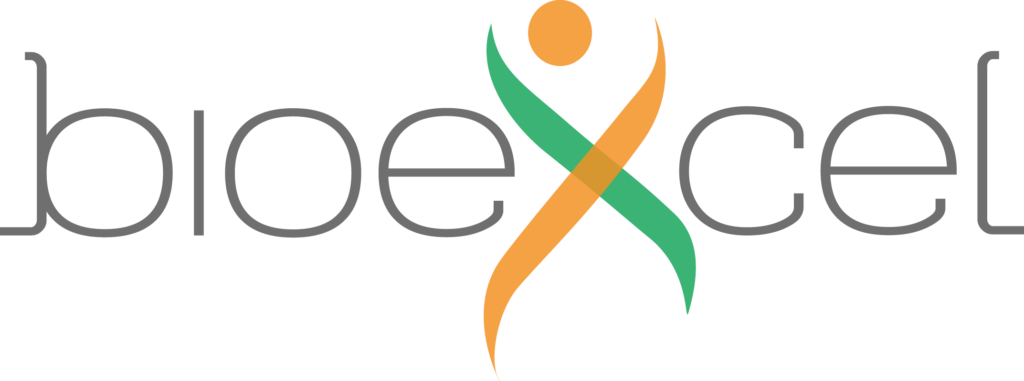
|
|
|
|
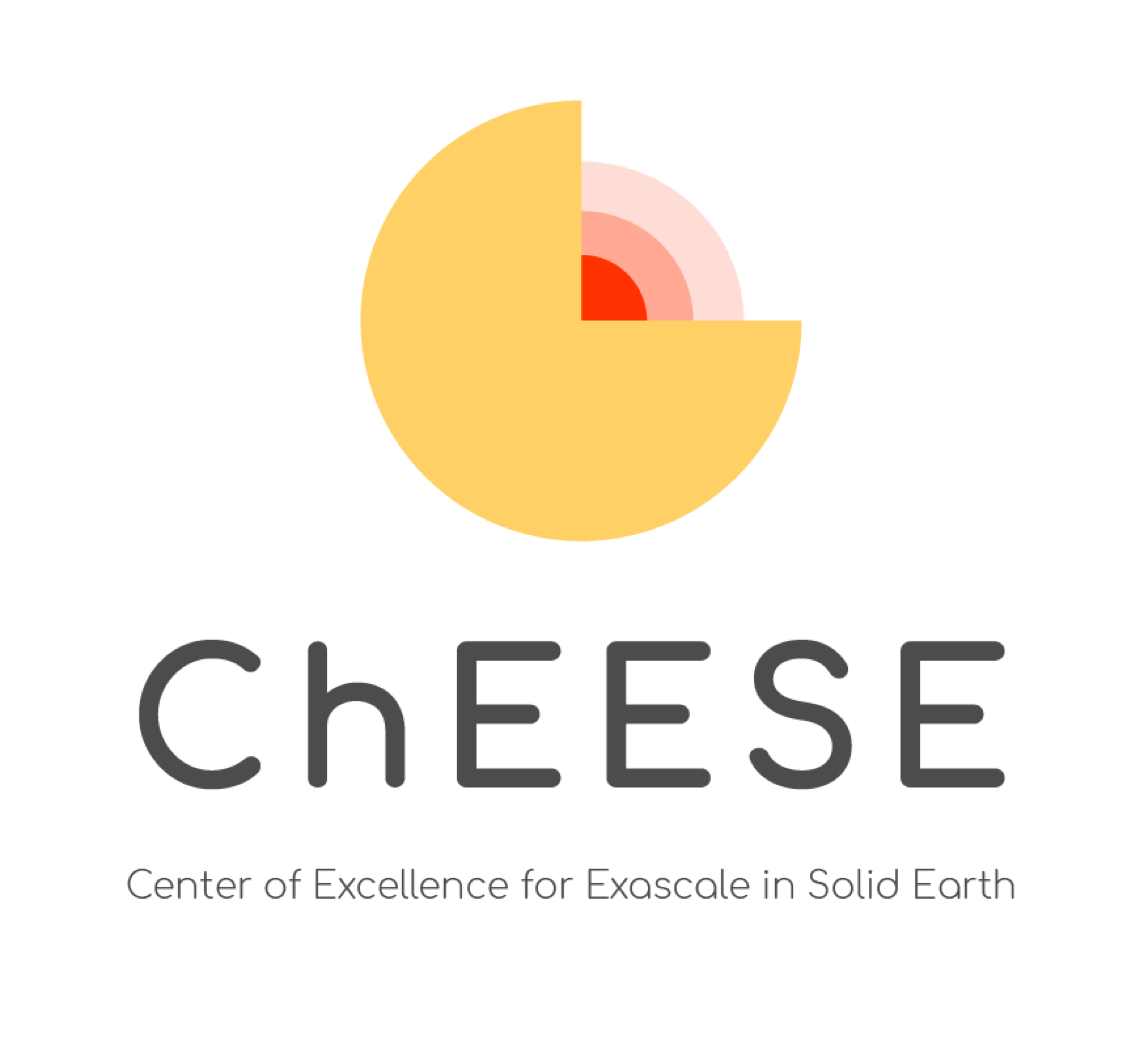
|
|
|
|
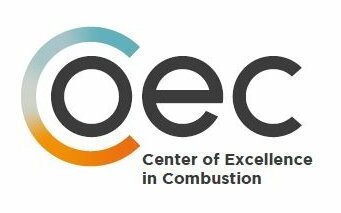
|
|
Video: Find out more about the CoEC project partners >> Watch on Twitter
|
|
|

|
|
UCL and Sheffield demystify HPC for Biomedical Researchers – winning praise at SC’20
|
|
PhD studentship in Virtual Human Cardiovascular Modelling & Simulation >> Read More
|
|
|
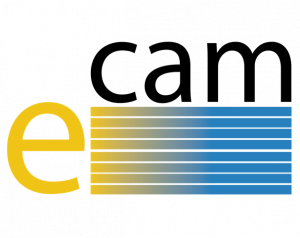
|
LearnHPC: dynamic creation of HPC infrastructure for educational purposes >> Read More
|
|
Interview on LearnHPC with Alan O'Cais from the Juelich Supercomputing Centre, E-CAM Software Manager and Principal Investigator of LearnHPC >> Read More
|
|
|
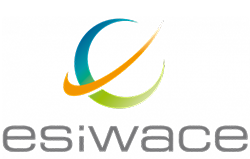
|
|
DYAMOND paper by Stevens et al. wins Most Downloaded Paper Award 2020 of PEPS journal
|
|
|
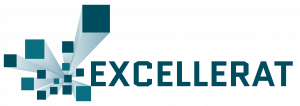
|
|
EXCELLERAT CoE supports COVID-19-related research >> Read More
|
|
|

|
|
Recap: the FocusCoE workshop at the virtual HiPEAC 2021, summarized in Tweets >> Read More
|
|
|

|
|
CNR Nano researchers investigate new graphene-iron interfaces >> Read More
|
|
|
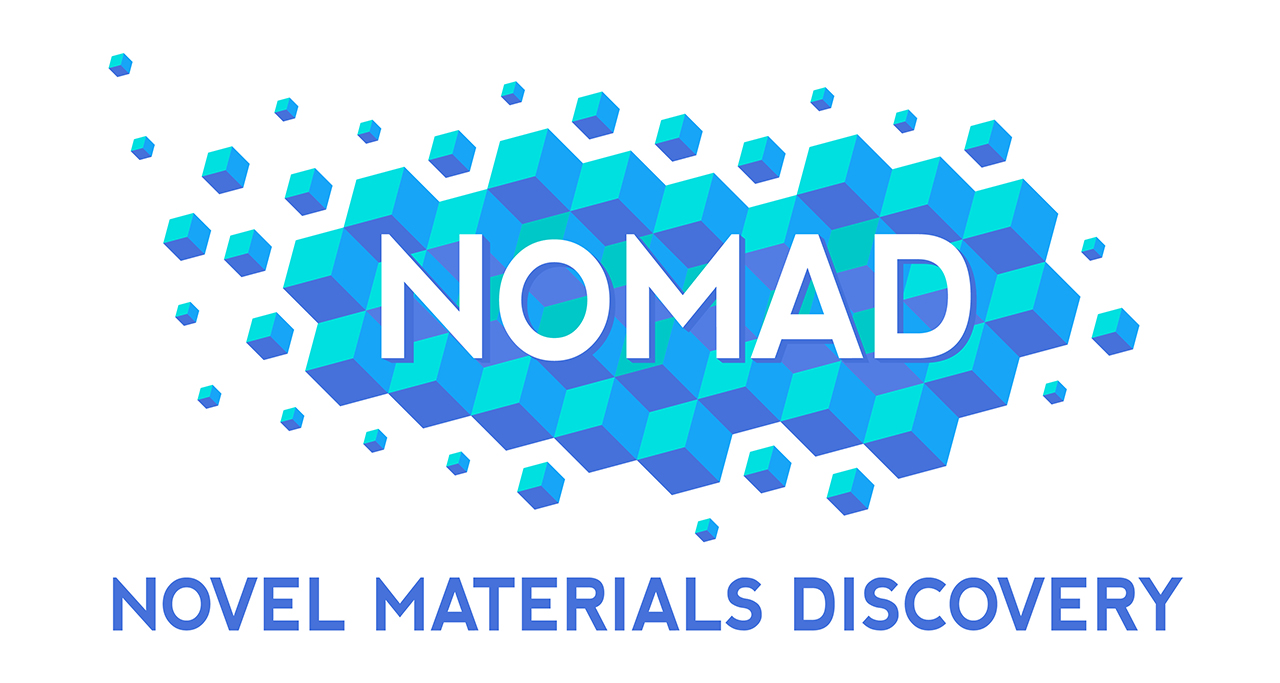
|
|
|
|

|
|
|
|
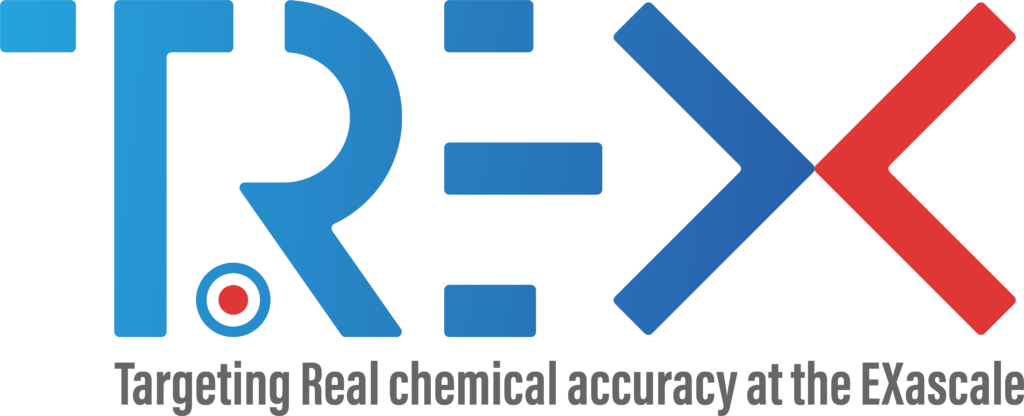
|
|
|
|
|
|
|
|
|
3. Introducing the CoE Flagship Codes
|
|
|
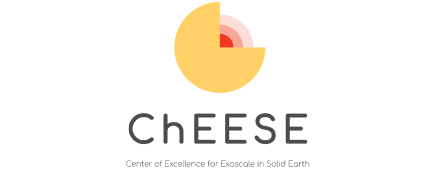
|
SALVUS is a high-performance package for waveform modelling and inversion with applications ranging from laboratory ultrasound studies to planetary-scale seismology. Solves dynamic (visco-)acoustic and elastic wave propagation problems on fully unstructured hypercubic and simplicial meshes in 2 and 3 dimensions using a spectral-element approach.
|
|
|
|
|

|
The publicly available ELPA library provides highly efficient and highly scalable direct eigensolvers for symmetric matrices. Though especially designed for use for PetaFlop/s applications solving large problem sizes on massively parallel supercomputers, ELPA eigensolvers have proven to be also very efficient for smaller matrices. All major architectures are supported.
|
|
|
|
|
|
|
|
4. Trainings, Webinars, Workshops & Events
|
|
|
|
|
|
Check out the trainings, webinars, workshops & events below, and visit the CoE Event Calendar for all future events.
|
|
|
|
|
|
|
|
|
|
|
|
|
|
|
|
|
|
|
|
|
|
|
dates 01-28 February, 2021
|
|
|

|
|
|
|
|
|
|
|

|
|
25 January - 08 February, 2021
|
|
|
|
|
|
|
|

|
|
This newsletter is part of the project Focus CoE. Focus CoE has received funding from the European Union’s Horizon 2020 research and innovation programme under the grant agreement Nº 823964.
|
|
Höchstleistungsrechenzentrum Stuttgart (HLRS) | Nobelstraße 19
|
|
70569 Stuttgart | Germany
|
|
|
|